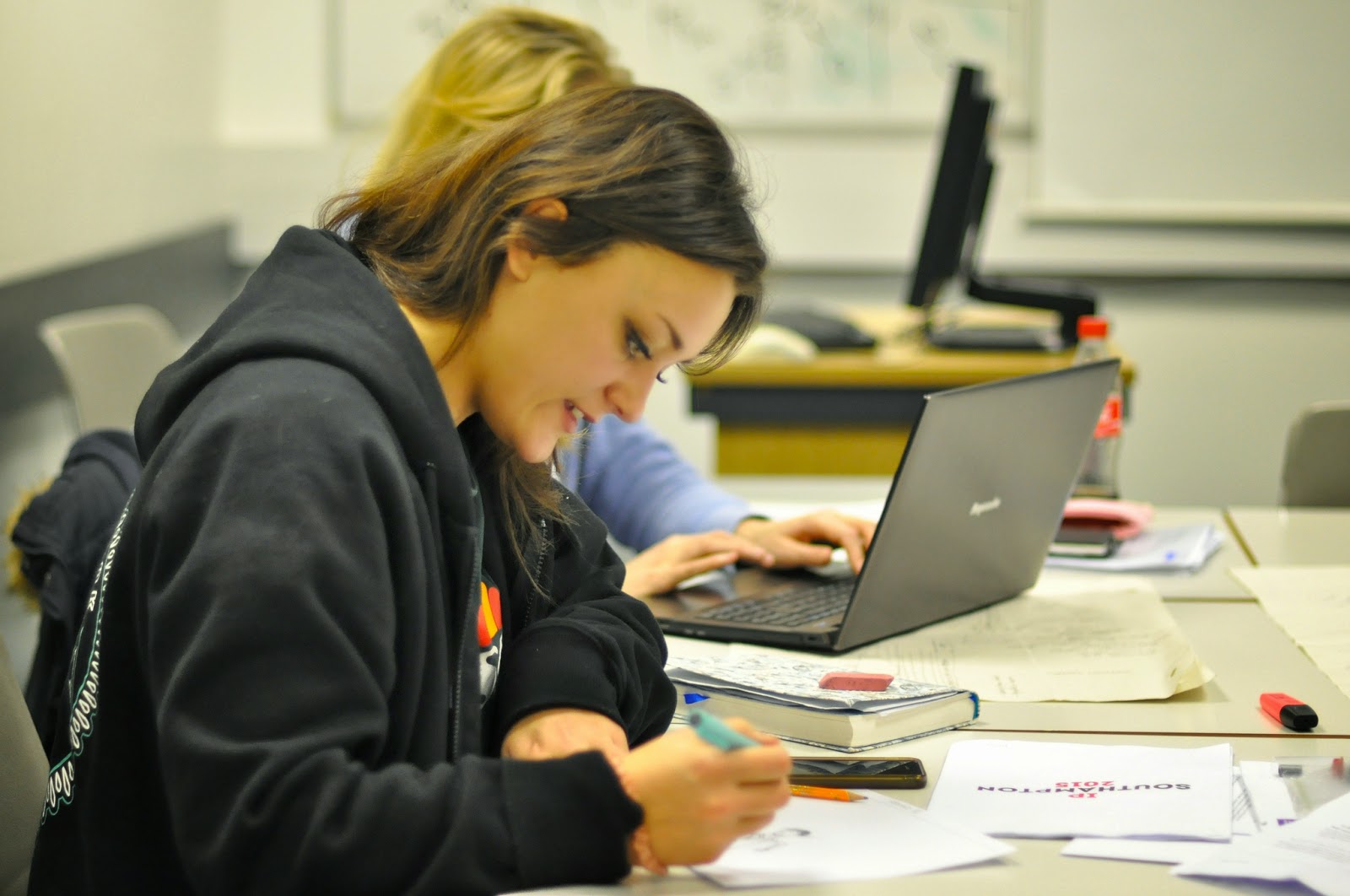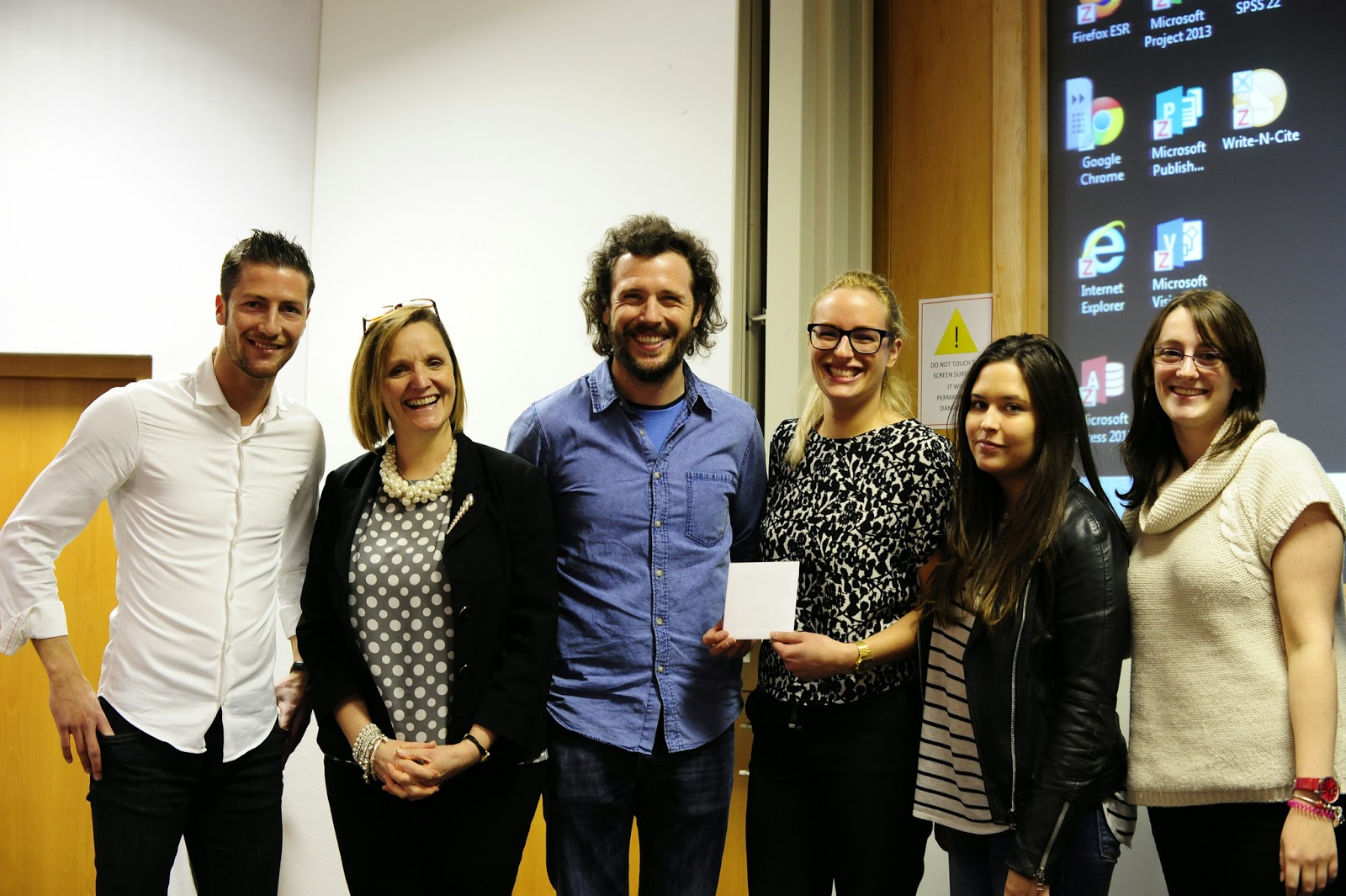Viola-koti is a sheltered house for elderly in Tampere. It provides sheltered housing for 60 residents but also sports and rehabilitation services to both residents and elderly living in their own homes. Viola-koti has had international exchange trainees for example from Spain, Hungary, Poland and Belgium during the years it has been cooperating with TAMK.
- People living in their own homes prefer swimming pools, residents participate more in other groups. We also try to support family caregivers, for example by drawing up chair exercises to them, physiotherapist Teija Vihervaara says.
- Clients like foreign trainees even though the language is sometimes challenging. Some of them have been living abroad, so they are happy to speak English.
![]() |
| Helmi Vahtera, Maire Järvinen and Maija Pöri participated in chair exercise. |
According to Teija's experience, students' cultural background has an effect how students react to situations they confront in placements.
- Some students don´t think it is very important that elderly people leave their homes and come here to get social contacts. Also students' own culture affects how clients are contacted.
Before Viola-koti, Hungarian physiotherapy students Edit Sió and Hanna Szolnoky had been at Tammelakeskus health centre. What kind of differences in physiotherapy have they discovered between Hungary and Finland?
- It has been useful to see how physiotherapists do their job in Finland. At Tammelakeskus we got our perception about the health centre. It was a new experience for us, because in Hungary there are no health centres, only hospitals, Edit says.
![]() |
| Edit and Hanna have enjoyed their stay in Tampere. |
- Individual therapy is really common in Hungary. In Finland, there is more group therapy, for example at gyms. In Hungary, if you had a surgery you go to physiotherapy every day, while in Finland the responsibility for rehabilitation is given more to a patient, students say.
- I think you have understood the importance of prevention, that´s the most important thing. My impression is that in Hungary elderly are not in that good physical condition as in Finland, Edit says.
- Language barrier is higher when working with elderly, so misunderstandings are more common than with younger people. However, clients are really motivated. They want to know what is the purpose of each exercise, Hanna and Edit say.
Text and photos: Marika Kyllönen


















